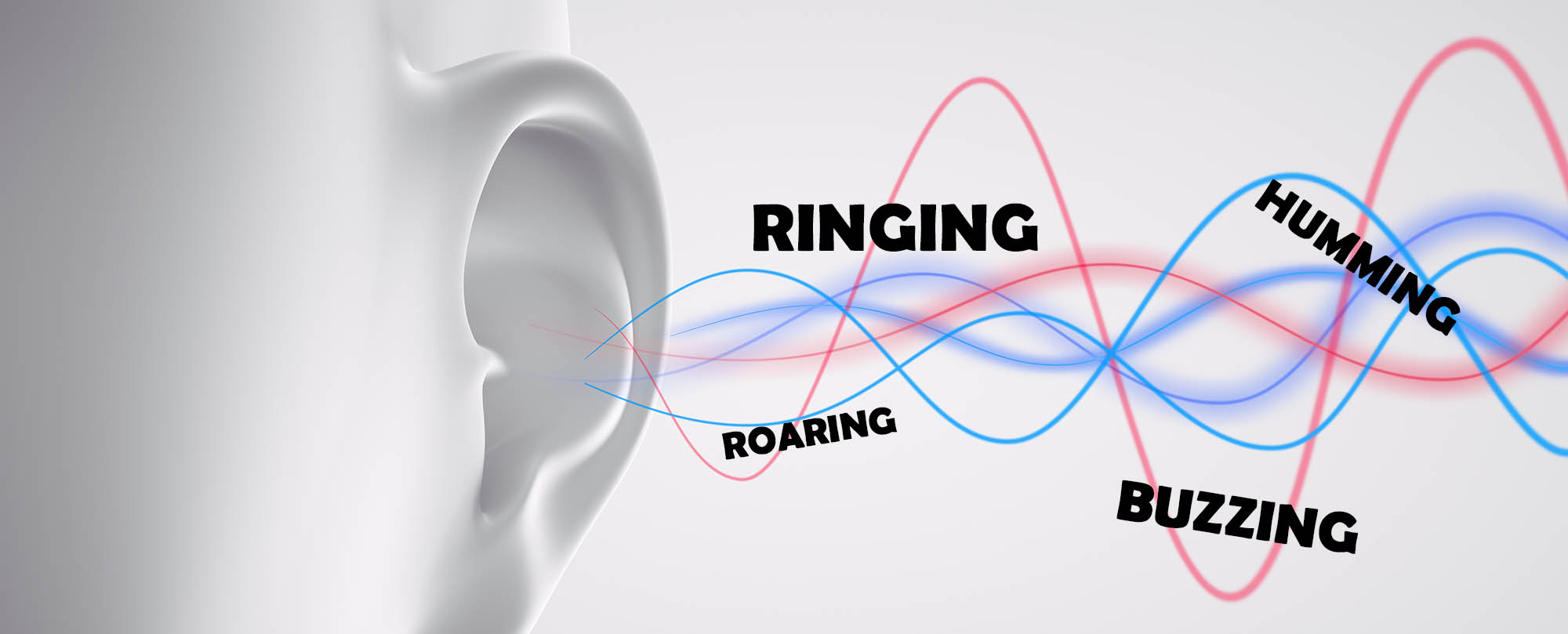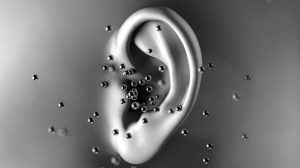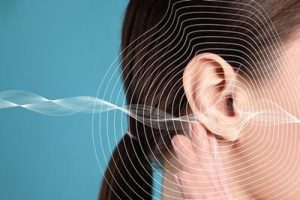Tinnitus, the perception of ringing or buzzing in the ears, is a phenomenon that many people experience at least once in their lives. While chronic tinnitus is often linked to underlying conditions, spontaneous tinnitus—where the ringing appears suddenly and without warning—remains a mystery for many. Why does it happen, and what can be done about it?
What Is Spontaneous Tinnitus?
Spontaneous tinnitus refers to the sudden onset of ear ringing or buzzing that occurs without an apparent trigger. It can last for a few seconds, minutes, or even hours. Unlike chronic tinnitus, which is persistent and often linked to hearing loss or medical conditions, spontaneous tinnitus is typically brief and may not recur frequently.
Possible Causes of Spontaneous Tinnitus
1. Temporary Changes in Ear Pressure
Sudden changes in the pressure of the middle or inner ear can create sensations like ringing or buzzing. This could happen due to yawning, swallowing, or even minor muscle spasms around the ear.
2. Nervous System Activity
Spontaneous tinnitus might be linked to random bursts of activity in the auditory nerve or brain. These bursts may be interpreted by the brain as sound, even in the absence of an external noise.
3. Stress and Fatigue
Stress and lack of sleep can sometimes amplify the brain’s sensitivity to internal noises, making tinnitus more noticeable. Spontaneous tinnitus might occur during moments of extreme tension or exhaustion.
4. Environmental Factors
Sometimes, external factors like sudden loud noises or changes in ambient sound can momentarily trigger tinnitus. These triggers may not always be obvious but can affect how the brain processes sound.
Who Is at Risk?
While spontaneous tinnitus can affect anyone, some groups may be more prone to experiencing it:
– Individuals with Sensitive Hearing: People with heightened auditory perception may be more likely to notice random bouts of tinnitus.
– Older Adults: Age-related changes in the auditory system might make the experience of spontaneous tinnitus more common.
– Those with Pre-existing Hearing Issues: Even if not chronic, individuals with a history of ear problems may be more susceptible.
Should You Be Concerned?
In most cases, spontaneous tinnitus is harmless and resolves on its own. However, if it occurs frequently, is accompanied by other symptoms like dizziness or hearing loss, or significantly impacts your daily life, it’s worth consulting a healthcare professional. Persistent tinnitus might indicate an underlying condition such as ear infections, hearing damage, or even circulatory issues.
How to Manage Spontaneous Tinnitus
– Relaxation Techniques: Stress-reduction practices like deep breathing or meditation can help reduce sensitivity to tinnitus.
– Avoid Loud Noises: Protecting your ears from loud environments can lower the risk of triggering tinnitus episodes.
– Stay Hydrated: Dehydration can sometimes exacerbate auditory sensations.
– Consult a Specialist: If tinnitus becomes bothersome, an audiologist or ENT specialist can provide tailored advice.
The Science Still Evolving
While researchers continue to investigate the precise causes of spontaneous tinnitus, its random nature makes it a fascinating and perplexing phenomenon. For now, understanding its potential triggers and learning how to manage occasional episodes can help keep the mystery from becoming a source of stress.
Spontaneous tinnitus might come out of nowhere, but with a bit of knowledge and care, it doesn’t have to ring alarm bells.












Be First to Comment